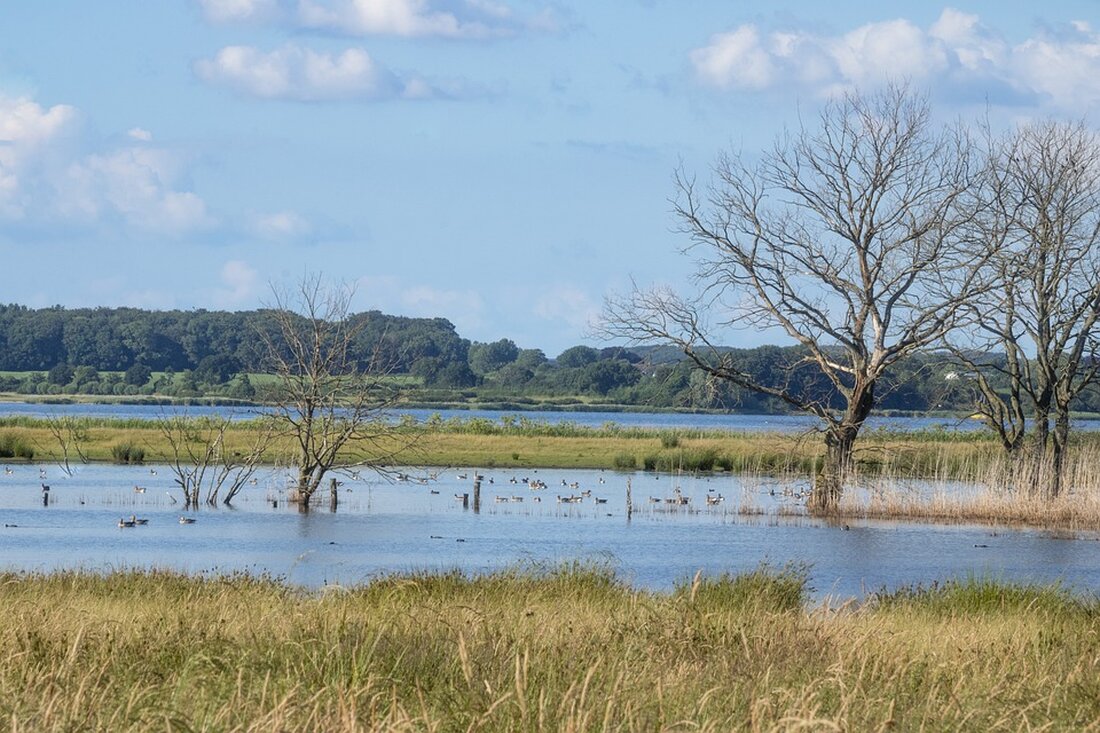That from the climate field: consequences and questions for our region
In our article, find out why the climate field in the current legislative period does not exist and what effects the CO2 pricing has on the citizens. We illuminate the challenges of climate protection and the financial burdens that come to consumers. Read now how the traffic light coalition deals with these questions and what alternatives exist for the future.

That from the climate field: consequences and questions for our region
In Berlin it is bubbling! The climate field that was promised to the citizens remains an unfulfilled dream. The anger over the lack of repayments grows, but the traffic light coalition, consisting of SPD, Greens and FDP, slowly pulls out of the affair. "The climate field for this election period was never promised," said the admission of some representatives of this coalition. A clear indication that the chance of a climate field disappears in this legislative period.
What about the compensation mechanism? It is mentioned in the coalition agreement, but the practical implementation falls by the wayside. The belief that a climate field would actually come disappears. Instead, these parties have only announced that it should come at some point. The sentence sounds known: "This will not happen, at least not among this government." A clear setback for all those who hope for a noticeable relief for their energy costs.
The energy price shock: a bitter awakening
People have been struggling with rising energy prices in recent years, but many are not aware of the current price increases that await us in the next few years. The fossil fossil energy specter will continue to grip, especially with the new guidelines of the second European emission trade system, which should take effect from 2027. And what does that mean specifically? An increase in heating costs that meet the citizens more than ever.
- Who will pay? The questions become more urgent: How do you ensure that the people who cannot afford a new heating system or the latest electric car do not suffer from the high costs?
- Soon it says: If you don't have the necessary change, you will stay on the track!
The clock ticks, and while the annoyance of the citizens over the lack of repayments, the traffic light coalition does not have the answer to the pressing questions. People now have to bear the burden of the future while politics is taking responsibility.
Climate policy that once aroused hopes became the hottest iron in the political debate in Berlin. And the next question: What happens if the coalition partners are no longer able to deliver the promised relief?
Berlin, a volcano of conflicts and disappointments, threatens to overcook, while the traffic lights blown away the most pressing questions about climate protection and social justice in the wind. It remains to be seen how citizens will react to this incredible inactivity!

 Suche
Suche
 Mein Konto
Mein Konto
